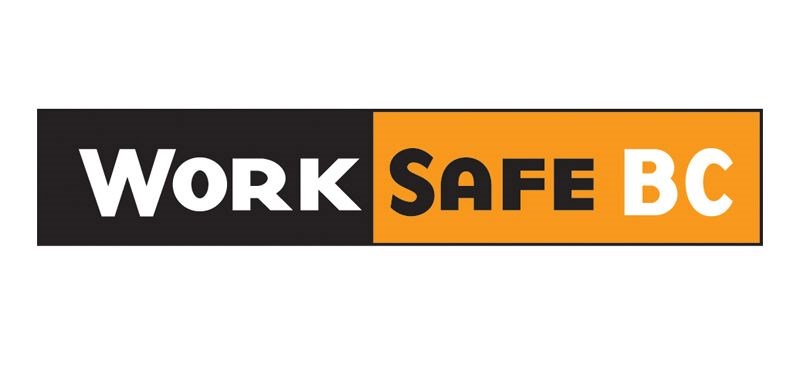One of the finishing touches in WorkSafeBC's new dual-team model for investigating major industrial incidents, should be in place by April, according to an update given this week of progress made towards revamping the system.
That is when two special constables should be appointed, according to the report from Gord Macatee, the special advisor brought in to overhaul WorkSafe's inspection and investigation systems following the two fatal sawmill explosions in 2012.
Under the dual-team approach, WorkSafe's fatal and serious injury department has been divided into two units and their work, files, and systems of the two teams are kept completely separate.
If one team carrying out an investigation for cause has reason to believe there was criminal wrongdoing, a gatekeeper will take the team off the file and bring the other team with a focus on prosecution and "start over, with warrants and reading people their rights."
"They wouldn't have access to the information that had been gathered by the first team and in that way, when they get to the point when they make a recommendation for prosecution, the Crown counsel would be able to accept it and take it forward," Macatee said during a teleconference in December.
The special constables are needed to execute the warrants and exchange sensitive information with police. Until they're appointed, if warrants need to be executed, that work is carried out by police.
A competition for the positions closed on Saturday and the Attorney General must approve and authorize the two selected.
WorkSafe came under heavy criticism for the way it handled the investigations into the dust-related sawmill explosions just months apart in 2012 at Babine Forest Products in Burns Lake and Lakeland Mills in Prince George.
B.C.'s Justice Ministry said flawed WorkSafeBC investigation techniques were primarily responsible for decisions not to lay charges, although it was also noted the mill owners would likely have had a good argument for due diligence.
Labour Minister Shirley Bond subsequently appointed Macatee, the B.C. Ferries Commissioner, to overhaul WorkSafe's system.
Macatee's report made 43 recommendations, which the government said it would implement. This week, he said 23 of the recommendations are already in place, eight are on track for completion and legislation introduced this month covers the 12 that remain.
Macatee will issue another progress report in April.
Another one of those still in the works is scheduling prevention officers to routinely conduct inspections during weekends and evenings "to create an ongoing and effective level of presence in the workplace."
In addition to the 16 officers who work a fixed schedule including weekends and evenings, another 26 have been recruited and consultations regarding a new scheduling model are expected to be finished by next month.
A coroner's inquest into the blast at Lakeland Mills will begin on Monday at the Prince George courthouse. A separate inquest into the Babine explosion will be held in Burns Lake starting July 13.
Twenty-two workers were injured and Glenn Roche, 46, and Alan Little, 43, died from injuries suffered in the April 23, 2012, incident at Lakeland. Three months earlier, on Jan. 20, 2012, an explosion and fire ripped through Babine Forest Products near Burns Lake, killing Carl Charlie, 42, and his co-worker Robert Luggi, 45, and injuring 20 other workers.



